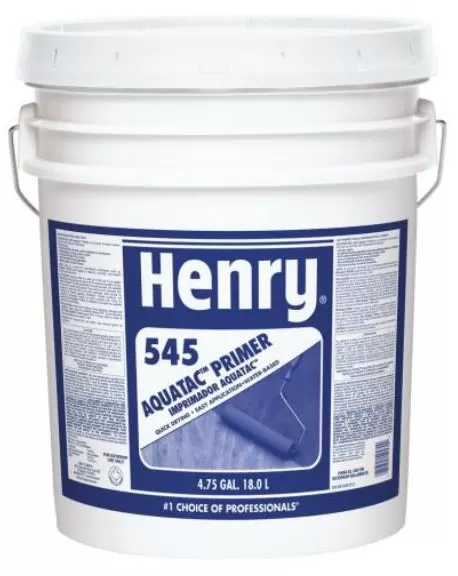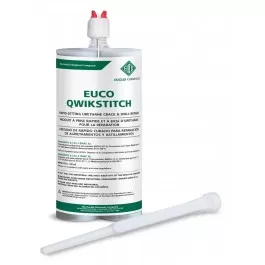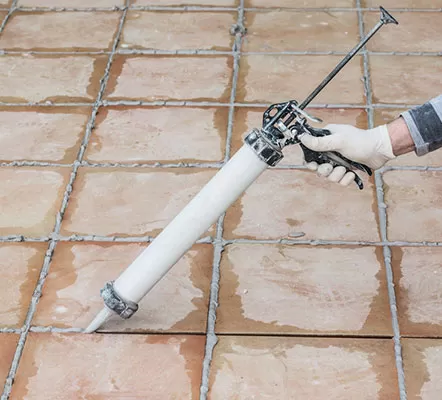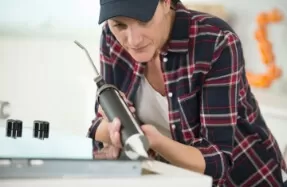Blog
Top Advantages Of Industrial Roof Coatings
Industrial roof coatings are a great solution for many industrial buildings. These coatings can help prevent leaks, which can save you time and money when it comes to maintenance costs. We’ve identified the top advantages of industrial roof coatings that should be considered before deciding whether to install them on your building.
Increased Weather-Resistance
Industrial roof coatings can help reduce the risk of leaks, corrosion, mold, and mildew. A lot of these problems are caused by water damage. If a building’s roof is not properly coated, it makes sense that water will leak through and cause damage to other parts of the building, such as insulation or drywall. This also increases the likelihood of mold growth because moisture is left behind, which is ideal for mold spores. The right type of industrial roof coating will help keep moisture out while protecting against fire damage since they are made with fire-retardant properties.
Reduced Energy Bills
The best thing about an industrial roof coating is that it can reduce energy bills. Roof coatings provide improved insulation, reducing heat loss and allowing a more comfortable working environment. This will save you money on your heating and cooling bills, which can be substantial if you have a large space to heat or cool. By cutting down on these costs, industrial roof coatings can help bring down your overall monthly expenses—saving you precious dollars for other needs such as equipment maintenance or employee wages.
Strengthened Roof Structure
One of the key benefits of industrial roof coatings is that they can improve the appearance of your surface. You see, your roof is the most exposed part of your building. It’s the first thing that people see when they come to visit you. And it’s not just the aesthetics that matter here—a strong and durable roof can improve employee morale and help recruitment efforts!
Now, a better-looking and stronger roof might sound like an obvious win-win situation for everyone involved, but other factors are also at play: how long will my industrial roof last? How much will it cost me? Are there any drawbacks or risks involved? These are all valid questions that need answers before deciding which option is right for you.
It is also possible to change some or all of your roof’s color with a coating, either by adding a tint or by making the existing coatings more reflective.
Another advantage is that these coatings can reflect sunlight off your surface, which will help keep it cool. If you have an old factory with metal roofs, this feature alone could offset much of the additional costs associated with applying an industrial coating!
Fume Control
Fume control is a big issue when it comes to industrial roofing. Industrial buildings sometimes produce hazardous and toxic fumes, which can threaten the health of all those who inhabit or work within such facilities. To remedy this issue, many companies have turned to industrial roof coatings, which help to prevent dangerous fumes from escaping into the air.
When choosing an industrial roof coating for your facility, you’ll want one that contains polyurea or epoxy as its main ingredient. Both of these materials are highly effective at preventing harmful gases from escaping into the atmosphere—and both come with their advantages and disadvantages.
Conclusion
We hope you’ve enjoyed reading about how industrial roof coatings can benefit your business. It’s important that you choose the right coating for your application because it will affect your long-term costs, energy savings, and more. We recommend that you contact a local expert to help determine which option is best for you!




